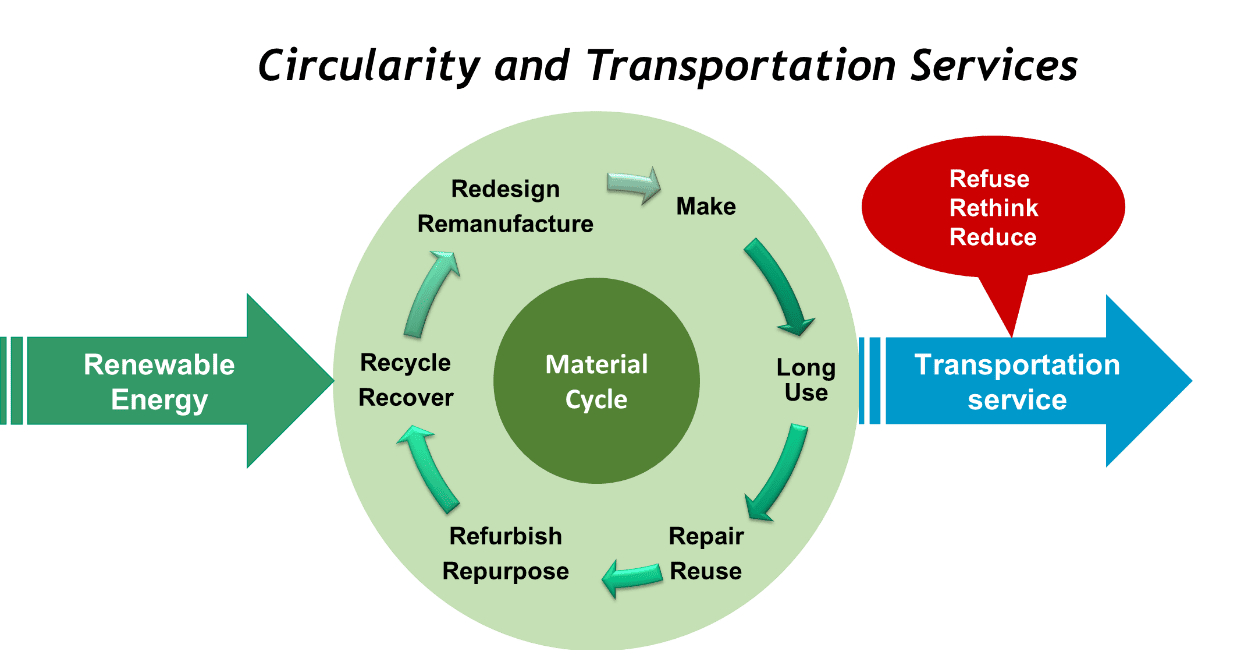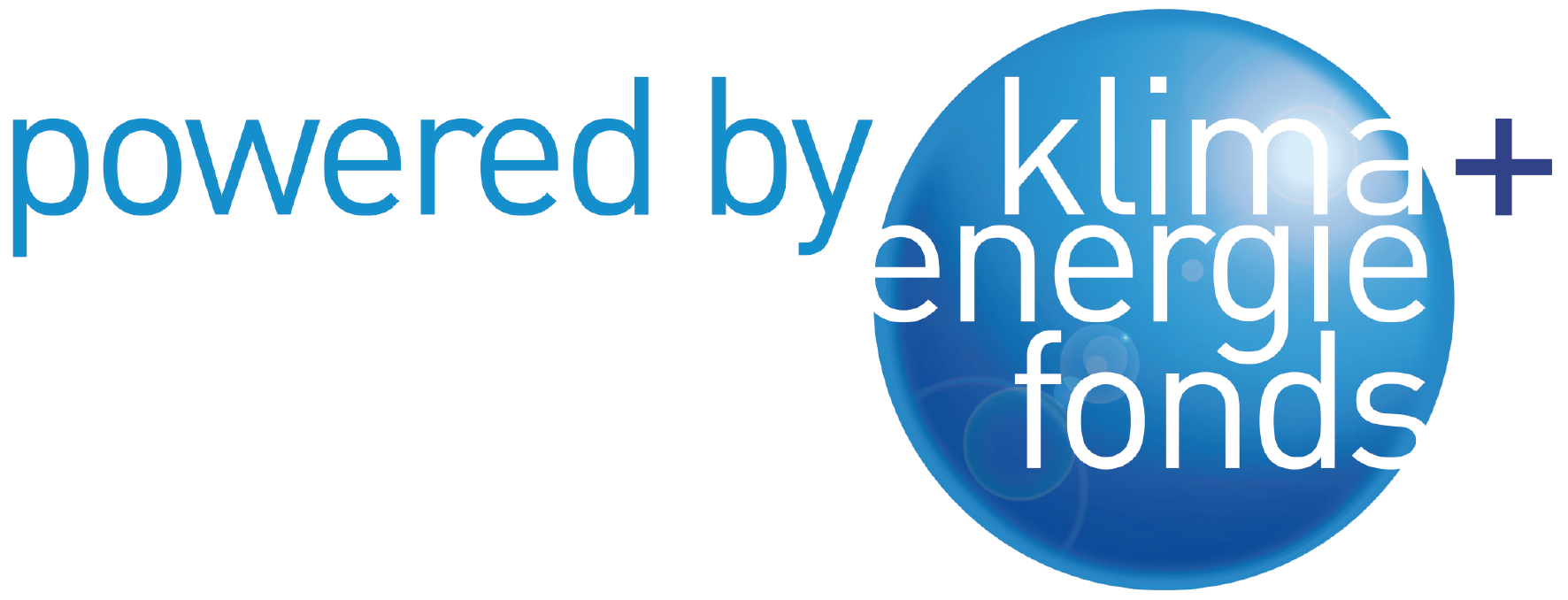- About us
- Research expertise
- DIGITAL – Institut für Digitale Technologien
- MATERIALS – Institut für Sensorik, Photonik und Fertigungstechnologien
- ROBOTICS – Institut für Robotik und Flexible Produktion
- COREMED – Zentrum für Regenerative Medizin und Präzisionsmedizin
- HEALTH – Institut für Biomedizinische Forschung und Technologien
- LIFE – Institut für Klima, Energiesysteme und Gesellschaft
- POLICIES – Institut für Wirtschafts-, Sozial und Innovationsforschung
- Business areas
- Products & services
- Research infrastructure
- Beteiligungen
- Career
- Aktuelles
- Publications
- Kontakt zu uns
IEA Task 46: LCA of electric trucks, buses, two-wheelers and other vehicles
Duration:
01/2022
—
12/2024
Total Project Duration
3 Years


The project
The subject of this project is the participation in Task 46 - LCA of Electric Trucks, Buses, Two-Wheelers and other Vehicles - of the HEV TPC (Hybrid and Electric Vehicle Technology Collaboration Programme) of the International Energy Agency (IEA). Internationally agreed topics are being addressed. Case studies for life cycle analyses (LCA) and methods for climate neutrality and recyclability are being developed. For this purpose, expert workshops are organised.
Our activities in the project
We lead and coordinate this international task. We also carry out case studies on trucks, buses, two-wheelers and other vehicles, with our partners providing methodological input and basic data for the analyses. The results and key conclusions are drawn up jointly. Above all, we provide the methodological basis for assessing climate neutrality and recyclability, which is then applied in practice in the case studies.
Research groups
Downloads
Customers
Das Projekt wird mit Mitteln des Bundesministeriums für Klimaschutz, Umwelt, Energie, Mobilität, Innovation und Technologie (BMK) über den Klima- und Energiefonds gefördert.
Project partner
10 Länder mit Institutionen der Forschung und öffentlichen Hand beteiligen sich seit 2022 an dieser internationalen Zusammenarbeit, mit JOANNEUM RESEARCH, Institut LIFE, als österreichischem Vertreter.
Details of the project
The HEV TCP has the aim to create balanced and objective information on forward-looking electric-, hybrid and fuel cell vehicles and to compile this information for governmental institutions and local decision makers.
The working program of the HEV TCP includes a broad information exchange of programs and technologies in each of its member countries, studies on energetic and environmental effects of electric vehicles and an analysis of necessary infrastructure and storage technologies. Moreover trends and technological requirements of future hybrid vehicles are analysed. There is an international consensus that the environmental effects of electric vehicles in comparison to other propulsion systems and energy carriers can only be assessed based on Life Cycle Assessment (LCA); this covers the production of the vehicle and its necessary infrastructure, the operation of the vehicles including the supply of the energy carriers and the end-of-life of the vehicle and its components. For that reason, the HEV TCP has tasks dealing with LCA since 2011.
The objective of this R&D service is the participation in Task 46 „LCA of Electric Trucks, Buses, Two-Wheelers and other Vehicles“ with the work on the internationally agreed topics and the managing of the task as Operating Agent.
The Task is based on the previous HEV tasks 30 „Assessment of Environmental Effects of Electric Vehicles“ (2016 - 2021) and expands its focus on passenger vehicles (M1) to further UNECE-classes like two-wheelers, bus, heavy and delivery trucks, and other working machines (L, M, N) with its necessary charging infrastructure. The main emphasis of the internationally agreed topics is the elaboration of a common LCA approach for this vehicle classes among the participating countries. This common approach will give the IEA as organisation as well as the participating partner countries a better, fact based comparison of environmental effects of alternative propulsion systems based on electricity, which are battery electric vehicles, hydrogen fuel cell vehicles and e-fuel vehicles with an internal combustion engine in comparison to conventional fuels. The LCA results are documented at least in one case study for each considered vehicle class.
The main objectives of the task are:
- Elaboration and deepening of a common approach to LCA methodology of the considered vehicle classes within the participating countries and the IEA, in which a focus is put on the assessment on “climate neutrality” and “circularity”
- Elaborate LCA case studies on buses (urban and rural), trucks (last mile and long distance), 2-wheelers and other working machineries including the necessary charging infrastructure, which are based on technology and system descriptions established in cooperation with other HEV tasks
- Organisation and execution of three international expert workshops
Expected results
- Austria takes over the role of the Operating Agent in order to lead and coordinate the task as the fulfilling of the report obligations to the ExCo.
- Collection and sharing of (partial) results from Austrian research and innovation projects in the task activities
- Organisation of an expert workshop in Austria with broad and active integration of Austrian stakeholders and zero-emission (ZEM) projects
- Comparison and assessment of the achieved LCA results from the case studies and processing of the results including recommendations for action for the BMK and national stakeholders
- Dissemination of task results to relevant target groups, with a focus on logistic service provider and clients in industry, and as a regular content oriented exchange with the BMK and the participation in the national advisory board (once per year)
- Publication of the results on the IEA and other national platforms e.g. open4innovation
Project participants
Related projects
Miteinander zukunftsrelevant
Die JOANNEUM RESEARCH ist Innovations- und Technologieanbieter im Bereich der angewandten Forschung. Als Forschungsgesellschaft der Länder und Regionen prägen wir mit unseren Forschungskompetenzen die Entwicklung unserer modernen Gesellschaft und Wirtschaft nachhaltig und menschenzentriert. Als multidisziplinäres Team in flexiblen, innovationsfreundlichen Strukturen leben wir höchste gesellschaftliche und wissenschaftliche Ansprüche.



